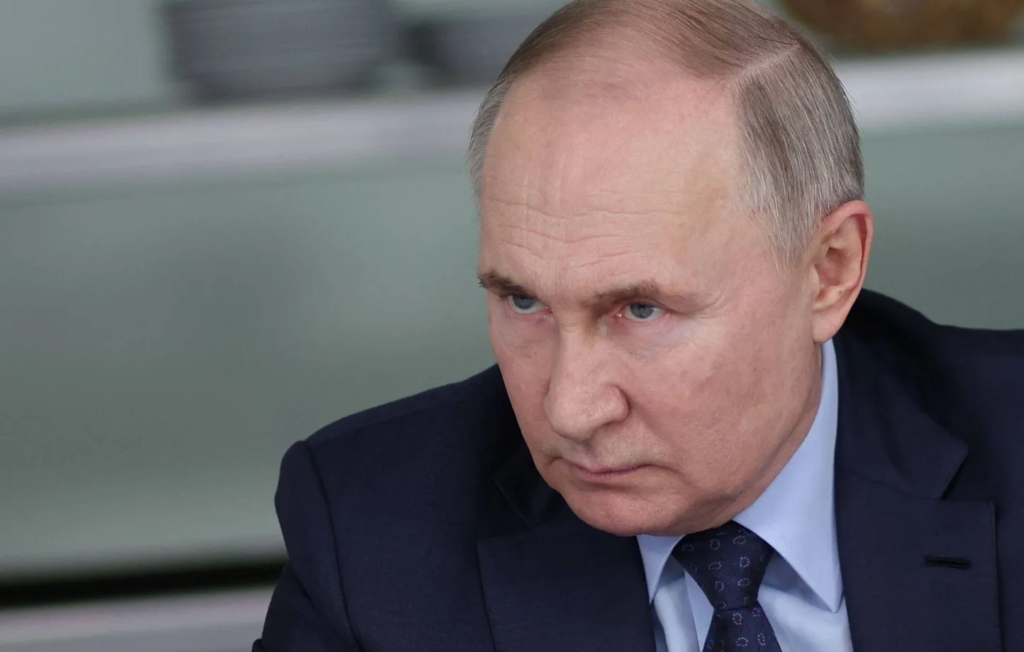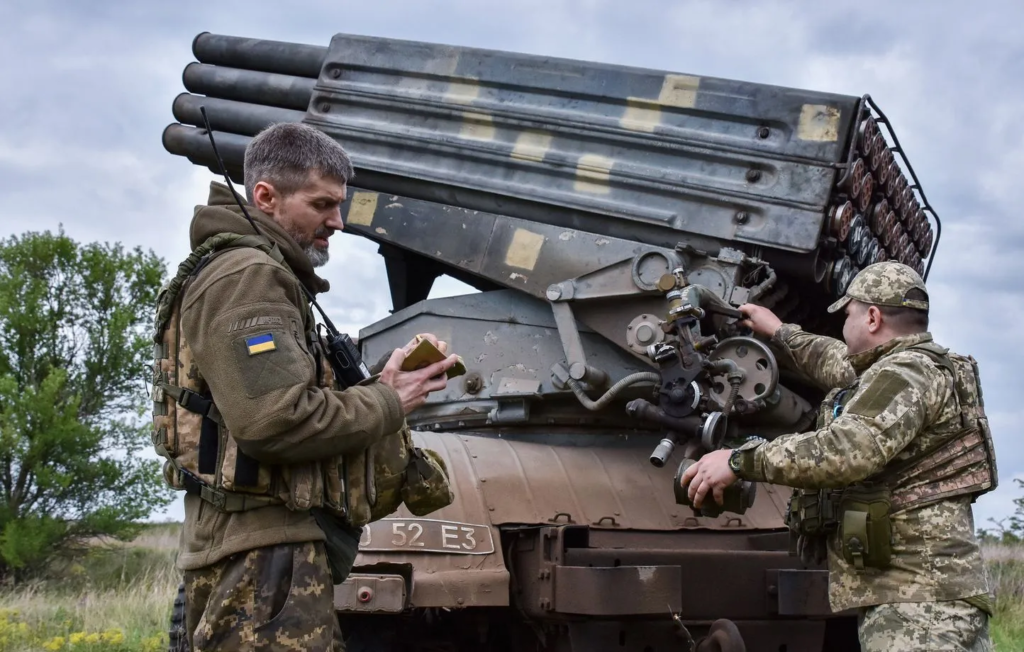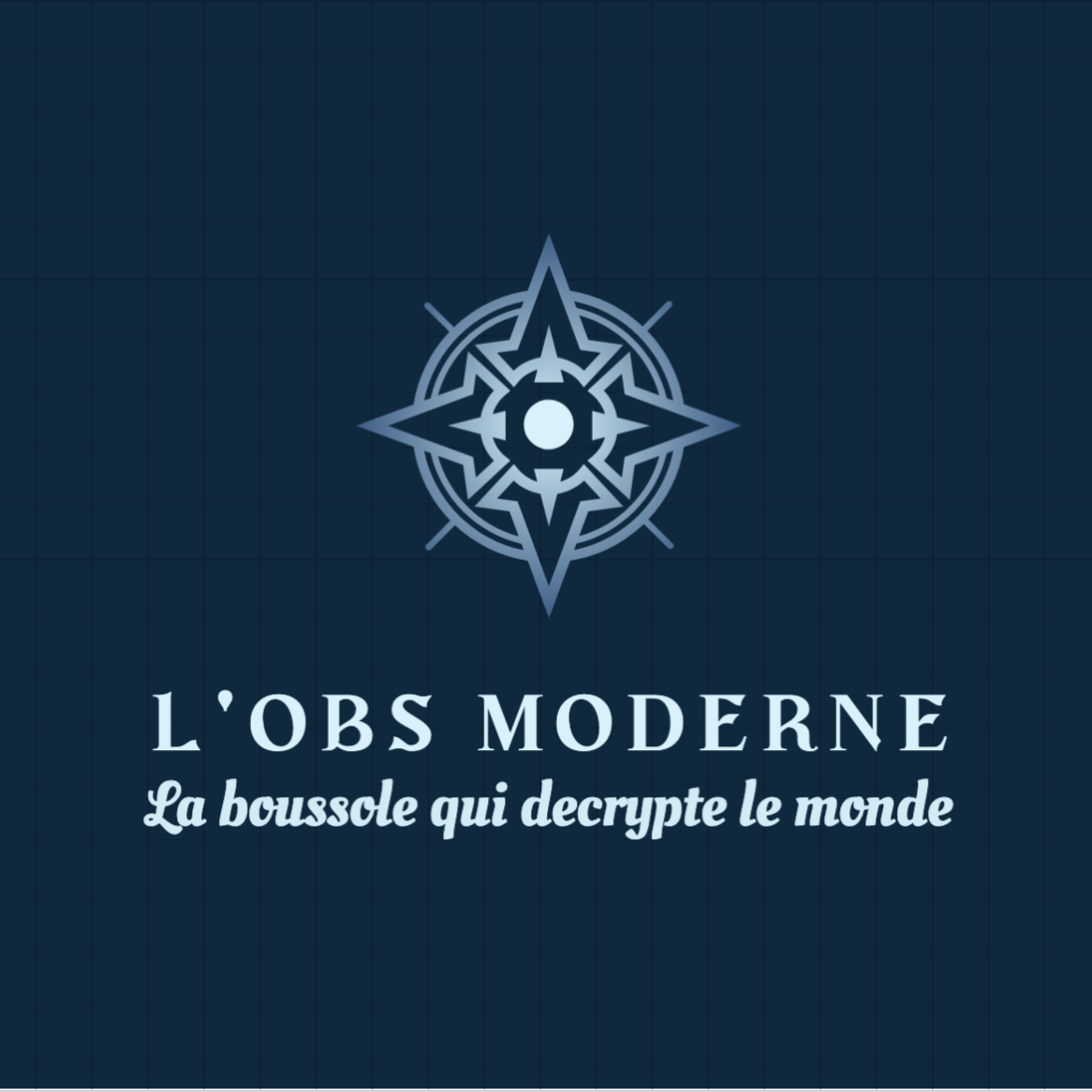
Donald Trump, who has been re-elected President of the United States for the second time, will have to address current global conflicts as soon as he arrives at the White House. The war in Ukraine will obviously be at the heart of the debate in Washington. However, can Donald Trump put an end to the Russian-Ukrainian conflict?
Summary
Russia and Ukraine share a common history. Until 1991, Ukraine was a Soviet republic that was part of the Soviet Union. Like many Soviet states, Ukraine, since the 2000s, has wanted to move closer to the West, particularly NATO. This rapprochement was very badly received by Moscow, particularly Vladimir Putin. Tensions reached another level in 2014 when Russia annexed Crimea, which was mainly populated by Russian speakers, after organizing a referendum that was nevertheless contested by the international community. Uprisings subsequently took place in the regions of Donetsk and Luhansk, in Donbas, which proclaimed themselves "people's republics". The Kremlin was regularly accused of supplying weapons to the separatists. These uprisings led to the Minsk agreements in 2015, which were supposed to ease tensions. Despite everything, fighting continues to take place in these regions. Russia would then be accused, in April 2021, of gathering troops on the Ukrainian border. Finally, on February 21, 2022, Russia recognized the independence of the Donbass regions and brought the Russian army there. On February 24, Putin announced the launch of a special operation in Ukraine with the aim of "denazifying and demilitarizing" the country.

Since then, the conflict has been bogged down. Russian troops have not been able to penetrate the Ukrainian defenses, and Ukrainian troops have also been unable to push back the Russian offensive. Since the beginning of the conflict, Ukraine has seen its military budget increase by nearly 640 thousand million. The country has also received significant support from the United States and the European Union, its largest financial supporter, which has given it 143 billion dollars since the beginning of the conflict. The country has also received weapons and drones from a large number of countries, including the United States, but also from France, the United Kingdom and Germany. Joe Biden has also authorized Ukrainian troops to strike Russian territory with American missiles.
On a human level, the conflict has passed the symbolic milestone of one million dead and wounded. Russian military losses are estimated at 200,000 men killed and nearly 400,000 wounded. Ukraine also reports nearly 400,000 wounded. More than 11,000 Ukrainian civilians have also been killed during the conflict. More than 10 million people have also been forced to flee their homes, and nearly 6.4 million of them have also fled the country.

Vladimir Putin, for his part, is starting to get impatient. This conflict, which he described as a "lightning war" two years ago, is now bogged down, and Russia controls only about 18 % of Ukraine (Russia already had 7 % of the country before the conflict). The Russian president is also annoyed by the military support that Ukraine has enjoyed since the beginning of the conflict by Western powers, some of which, like the United States and the United Kingdom, have authorized the strikes of Russia with their missiles (France is still considering giving its authorization). Putin thus accuses the West of having transformed this local conflict into a global conflict. Faced with this, Vladimir Putin signed a decree a few days ago theoretically allowing a wider use of nuclear weapons, thus once again raising the threat. He had already said he was open to the idea during the conflict. However, the use of nuclear weapons is very unlikely to succeed given the consequences that it could have and especially because Russia would not be supported in this maneuver by China. Indeed, the Chinese Ministry of Foreign Affairs had declared, in February 2023, that "All parties must support Russia and Ukraine to work in the same direction and resume direct dialogue as soon as possible" and that "Nuclear weapons must not be used and nuclear war must not be engaged. The threat or use of nuclear weapons must be opposed."
Where does Trump fit in?
Donald Trump has, throughout his campaign, hammered home that if he had been in power, this conflict would not exist. Donald Trump quickly called Ukrainian President Zelensky, notably with the presence of Elon Musk. The Ukrainian president had said on X that he was impatient to work with the American president-elect. Donald Trump had said that he had an excellent relationship with the Ukrainian president, but also with Vladimir Putin. Indeed, we have known since Trump's first term that the latter has an excellent relationship with the Russian president. Sources close to Mar-a-Lago, Trump's residence, claim that the latter also spoke with Putin. Trump is said to have asked his Russian counterpart not to escalate the conflict. The president-elect is thus counting on his friendship with Putin to make things easier.

Trump would like to obtain a ceasefire in the region. However, Ukraine would not have the last word and would act as a small fry at the negotiating table. Bryan Lanza, a contractor for the Trump campaign, had said that Ukraine could not come to the negotiating table demanding Crimea, claiming that it would not be taken seriously. Indeed, Trump and his allies would like Ukraine to focus more on peace and not on territory. An idea implying that Ukraine would thus lose the regions of Donbas. It remains to be seen how Zelensky will react to such a proposal, he who has been claiming since the beginning of the war that his territories are Ukrainian.
And in reality?
Despite these statements and promises, it should be remembered that these words were spoken during a presidential campaign. Donald Trump did not have a deep knowledge of the subject at the time of the conflict and was mainly trying to convince Americans that he was the right man for the job. We will probably only be able to get an idea of Trump's ability to resolve the situation after his first 100 days in the White House.
However, Donald Trump, like many politicians, has not always been able to deliver on the promises he made on the campaign trail. In 2016, for example, he promised that he would reduce or eliminate the national debt by $19 trillion over eight years. During his term, the national debt will have increased by nearly $7.8 trillion, reaching a total of nearly $28 trillion as of January 2021. Internationally, he also promised Americans that he would build a wall between the United States and Mexico, and that it would be financed by Mexico. This promise, which was a cornerstone of his campaign, has not been kept. While sections of the wall have been renovated and built, the funding has largely come from American taxpayers, not Mexico. Moreover, by the end of his term, only a fraction of the promised wall had been completed.
Internationally, Trump had assured that he would reach an agreement to denuclearize North Korea and end the nuclear threat. However, despite several summits with Kim Jong-un, no concrete agreement has been signed to reduce or eliminate North Korean nuclear weapons. On the contrary, North Korea has even continued to develop its nuclear capabilities and has conducted new missile tests.

However, Donald Trump has also been able to bang his fist on the table internationally during his term. He notably committed to leaving the Paris Accords, which he did upon his arrival in the White House in 2017. Trump also committed to recognizing Jerusalem as the capital of Israel and to moving the American embassy there, which he did in May 2018 after recognizing Jerusalem as the capital in December 2017.
Trump has also been adept at putting pressure on foreign political leaders, particularly Iran. Trump promised to withdraw from the Iran nuclear deal (JCPOA), which he considered ineffective. In May 2018, the United States withdrew from the deal and reintroduced strict economic sanctions against Iran in a policy dubbed the “maximum pressure campaign.”
Trump will also be more inclined to talk to Vladimir Putin, who has often maintained cordial relations with Republicans since coming to power. However, it is not possible to say for the moment that Trump will be able to intimidate Putin. The history between the two countries and the fact that they have come very close to direct confrontation on several occasions means that diplomacy will be the only option the president-elect will have. Trump will also have to find the right words to convince Zelensky to give up some Ukrainian territories to Russia after more than two years of fighting.

If history has taught us anything, it is that great leaders are often judged by their ability to act in the darkest of times. Donald Trump is at a crossroads, and his decisions will have repercussions that extend far beyond his time in office. Whether or not he can resolve this conflict, the management of this conflict will surely be the ultimate test of his leadership and that of the United States in the years to come.

